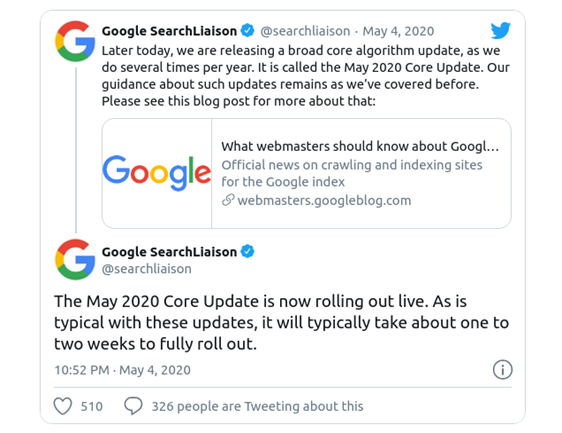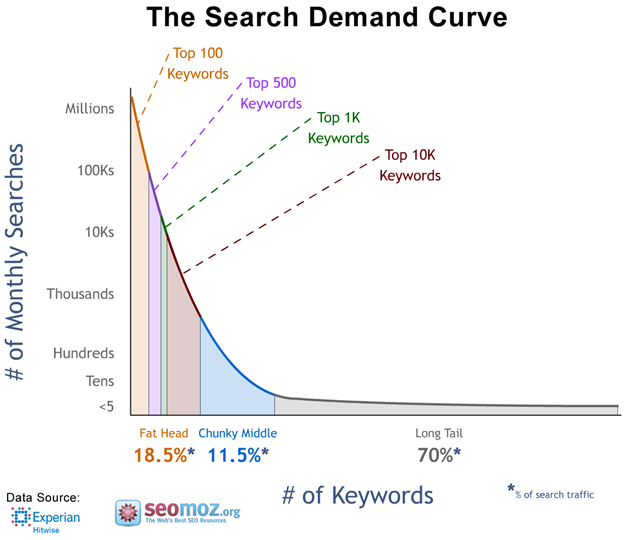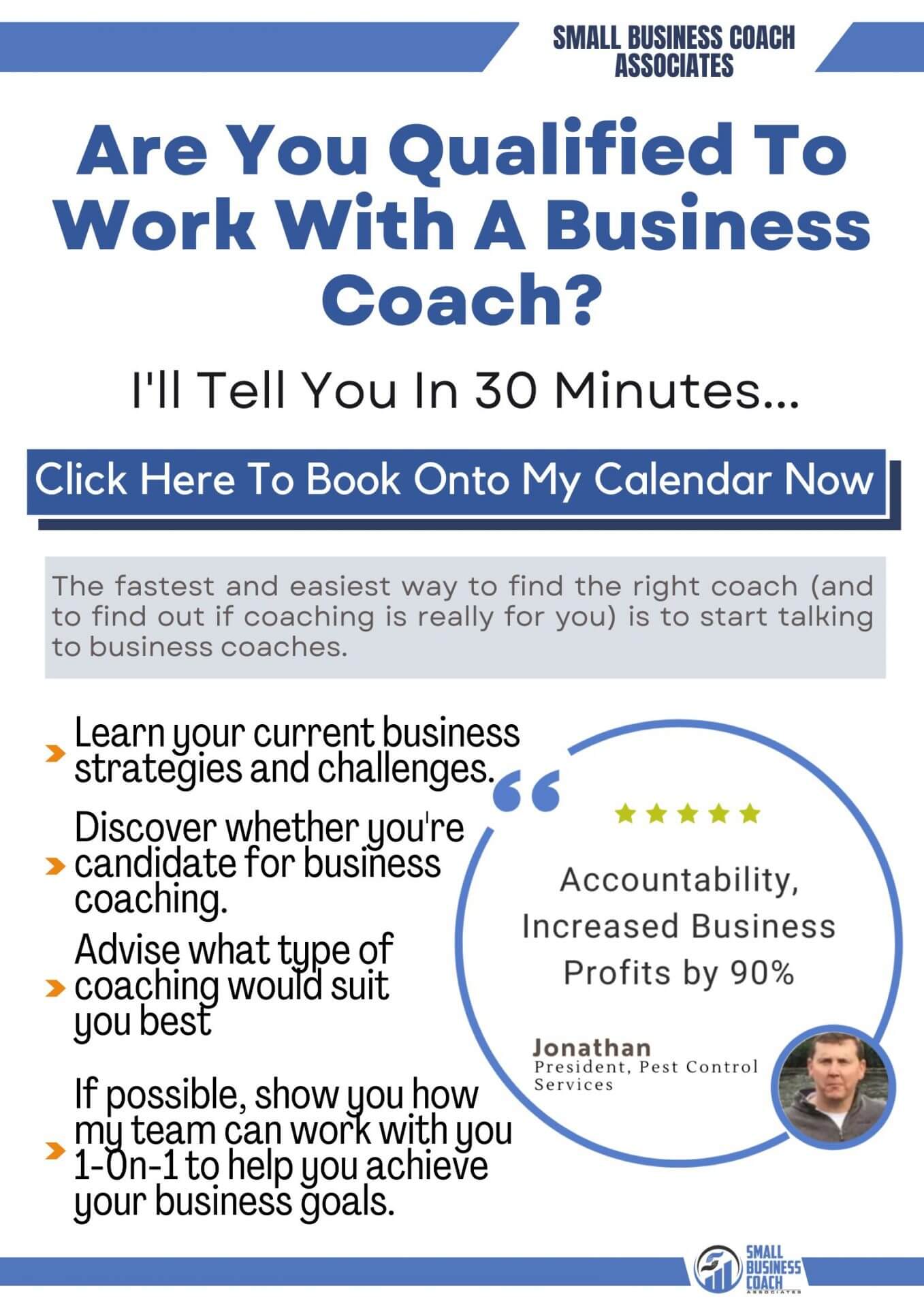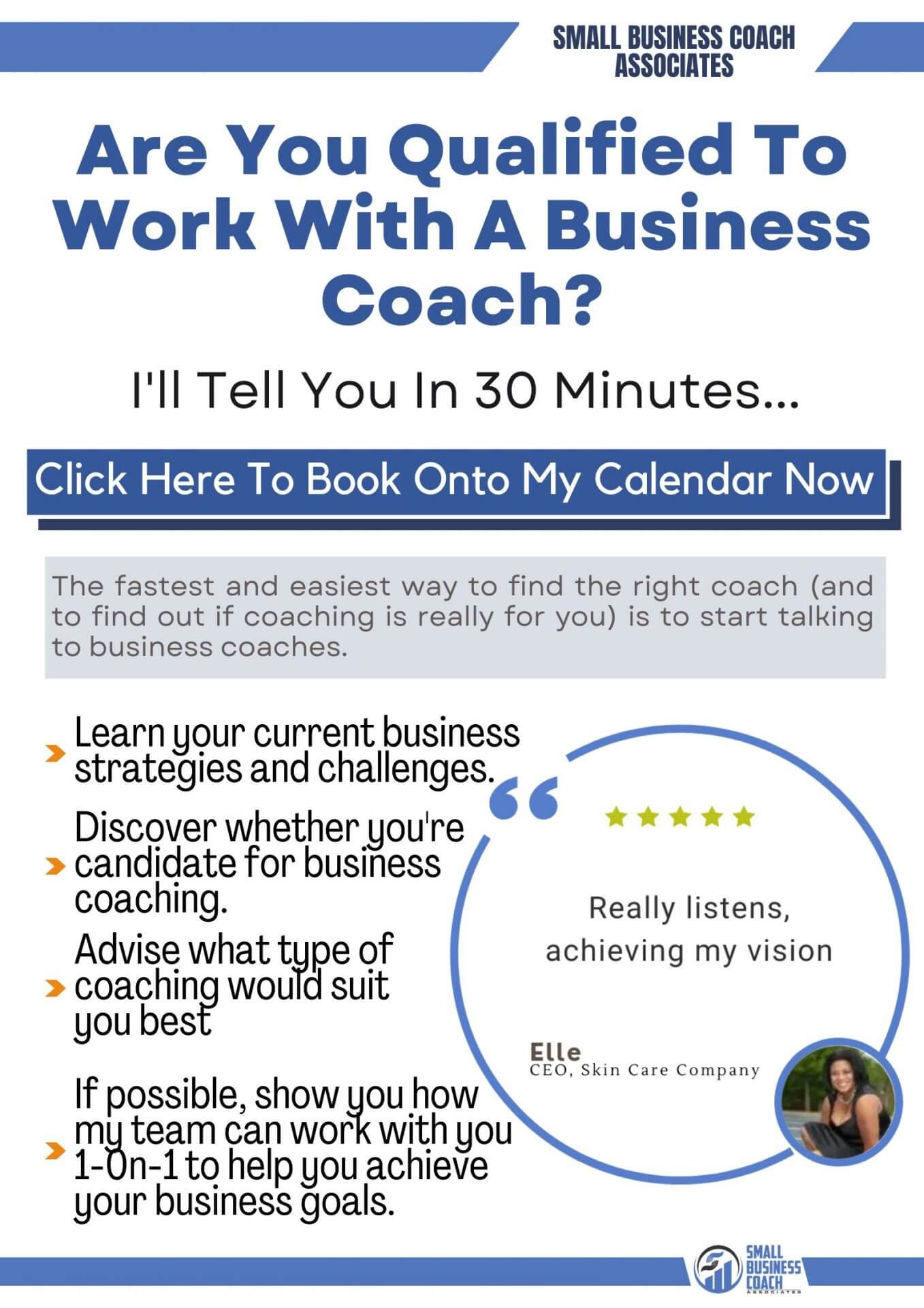“Those who have stopped learning find themselves equipped for a world that no longer exists.”
– Eric Hoffer
There. That’s your very first lesson and the most crucial aspect of growing yourself and your business or getting out of a tight spot if you ever get into one. Helping you and making you learn something for the future is not something that most consulting firms, bar the very best consulting firms, focus their time and energy on. That’s why you need to choose the one with absolutely top professionals.
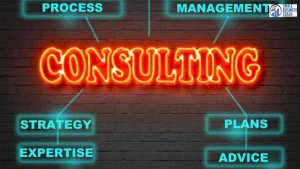
Consulting firms are a big deal. They can make or break a business, and they’re often relied upon for their expert advice. They offer guidance and strategic planning to companies or individuals who need it – whether they’re just starting or have been around for years.
Because of the importance of their services, many people rely on consulting firms to help them with their professional issues or grow and succeed.
But how do you know who the best consulting firms are? And which one is right for your business or problem? This blog post will enlist the best consulting firms in each category and for overall small businesses to help you decide.
But before we dive into the said details, let’s know a bit about the consultants you may have at your disposal.
Let’s get started!

Types of Consultants or Consulting Firms
When it comes to starting or growing a small business, there are a lot of things to consider. One important decision is whether or not to hire a consultant.
There are many different types of consultants, and each offers its own unique set of skills and expertise.
Here is a brief overview of some of the most common types of consulting firms:
Management Consultants
They help businesses with everything from startups to marketing strategies. They can provide valuable insights into how to run a successful business. Management consultants often work with businesses to help them streamline their operations and make better use of their resources.
Financial Consultants
Need a hand with finances? They help businesses with financial planning and decision-making. They can advise on issuing debt, raising capital, and managing cash flow.
Tax Advisory Consultants
Tax advisory consulting firms help small businesses with their tax planning and compliance. These experts can counsel business owners on the tax implications of their future decisions, and they also guarantee that businesses are paying the right amount in taxes.
In addition, tax advisory consulting firms can help businesses to negotiate with the IRS and to resolve tax disputes.
| Pro-Tip: Grab 30 minutes on my calendar to ask any questions you have about business coaching. I’ve been a business coach (and business broker) for over 20 years. I also have a business coach of my own, so I know what successful coaching looks like on both sides of the table.
~ Alan Melton, Small Business Coach Associates |
Human Resources (HR) Consultants
Human resources professionals help businesses with a variety of employee-related issues, from recruitment and training to compensation and compliance with employment laws and regulations.
Legal Consulting Consultants
Legal consultants can help businesses navigate the complexities of the legal system. They can assist with everything from drafting contracts to filing for permits and licenses.
In addition, legal consultants can guide compliance with regulations and laws.
Marketing Consultants
After you complete all your other work, it’s time to market your business. They will assist you in developing and implementing marketing plans, identifying target markets, creating branding strategies, and developing advertising campaigns.
Small Business Consultants
They help business owners in a number of ways, with the initial planning stages of starting a business, including the development of a business plan and the identification of potential sources of funding. They can also provide advice on how to manage and grow a small business, including advice on marketing, hiring staff, and financial management. In addition, they offer support and guidance during difficult times, such as when a business is facing financial difficulties or is experiencing rapid growth. By providing expert advice and assistance, Small Business Consultants can help small businesses to overcome these challenges and achieve long-term success.
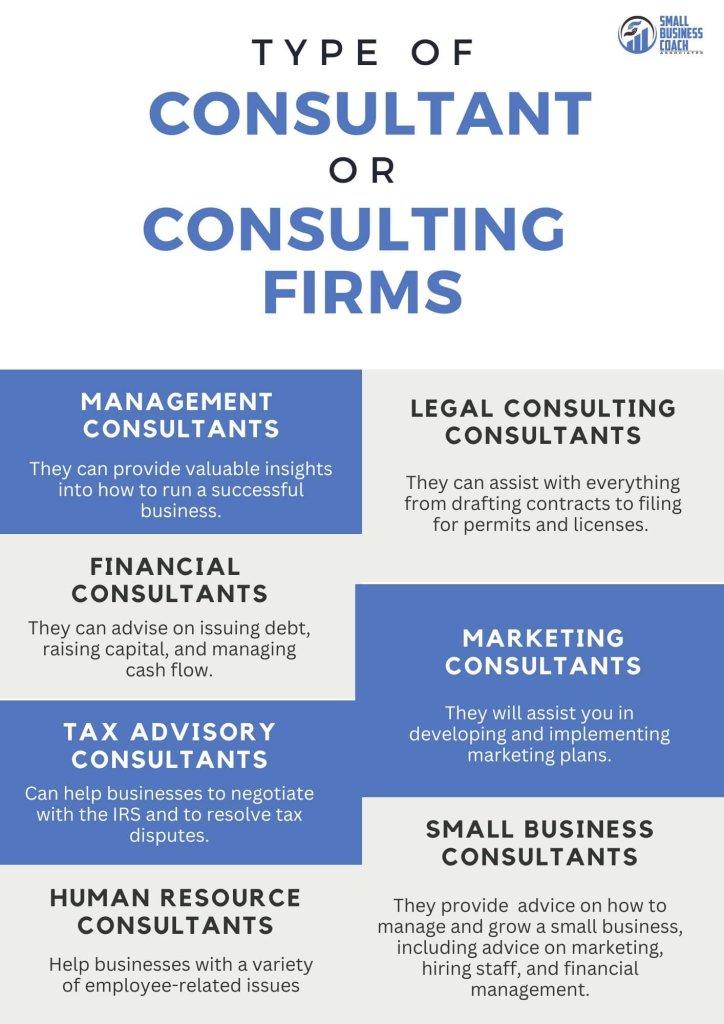
Best Consulting Firms for Management Consultancy
When it comes to management consultancy, there are a few key things to keep in mind. First, finding a firm specializing in small businesses is important. The needs of a small business are different than those of a large corporation, so you want to make sure you’re working with someone who understands your specific situation.
Second, you want to find a firm that has a proven track record of success. While there are many different management consulting firms to choose from, not all of them are created equal.
The following is a list of the best consulting firms for management consulting.
McKinsey & Company
McKinsey is one of the world’s largest and most well-known management consulting firms. They have worked with some of the biggest names in business, and their experience is second to none. However, they are also known for being one of the most expensive firms to work with.
If budget is not a concern, McKinsey is an excellent choice.
The Boston Consulting Group (BCG)
BCG is another top-tier management consulting firm that has worked with Fortune 500 companies and other large businesses. They offer a full range of services, from strategy development to implementation support.
Like McKinsey, BCG is also on the pricier side. But if you can afford their rates, they are definitely worth considering.

Bain & Company
Bain is another reputable management consulting firm that has a long track record of success. They have worked with businesses of all sizes, from startups to large corporations. Bain offers a comprehensive suite of services, including market analysis, financial modeling, and operations improvement.
And while their rates are not as high as McKinsey or BCG, they are still more expensive than most other firms on this list.
The Monitor Group
The Monitor Group is a management consulting firm that focuses on helping businesses grow and compete in today’s global economy. They offer a wide range of services, including market research, competitive analysis, and business planning.
Booz & Company
Booz is a global management consulting firm that offers a wide range of services to businesses of all sizes. They have particular expertise in helping businesses enter new markets and expand into new geographies.
Best Consulting Firms for Financial Consultancy
Many small business owners are not trained in accounting or financial management, and as a result, they can make poor decisions that jeopardize the future of their businesses. A financial consultant can provide expert advice on a variety of topics, including cash flow management, investment strategies, and developing realistic financial goals, and creating a plan to achieve those goals.
To help you choose the best firm for your needs, here is a list of some of the best consulting firms for financial consultancy:
Deloitte
Deloitte is a professional services firm that offers a variety of services, including financial consulting. They have a team of experienced professionals who can provide you with comprehensive financial analysis and advice.
Ernst & Young
Ernst & Young is another large professional services firm with over 260,000 employees in over 700 offices around the globe. They offer a comprehensive range of services, including financial consultancy.
KPMG
KPMG Bain is another leading consulting firm that provides services to companies in a variety of industries. They have extensive experience in financial analysis and modeling and can help you make the right decisions for your business.

PricewaterhouseCoopers
PricewaterhouseCoopers is a global professional services network with over 276,000 employees in over 157 countries. They offer a comprehensive range of services, including financial consultancy.
Protiviti Inc.
Protiviti Inc. is a global consulting firm that provides financial and business consulting services. It has more than 80 offices in 27 countries, and its services include financial audits, risk management, compliance, and investigations.
Protiviti Inc. also offers financial advisory services such as mergers and acquisitions, capital markets, and valuation. Protiviti has a team of experienced consultants who have worked with major organizations in the financial sector.
The company has been recognized as one of the best consulting firms for financial consultancy by various magazines and research firms.
Best Consulting Firms for Tax Advisory Consultancy
When it comes to finding the best consulting firm for tax advisory consultancy, it’s important to find a firm with experience in the specific area of taxation that you’re looking for advice on. A top firm should have a good reputation and is known for providing quality services.
Here are a few of the best consulting firms for tax advisory consultancy.
PwC
PwC also has a strong focus on tax advisory. They offer a comprehensive range of tax advisory services, from compliance to planning and structuring. PwC is a one-stop shop for all your tax advisory needs, and its team of experienced professionals makes it a top choice for any business.
JS Morlu
Regarding tax advisory consultancy, JS Morlu is one of the best in the business. JS Morlu has a team of experienced and knowledgeable consultants who can provide comprehensive tax advice and guidance.
Whether you’re looking for help with tax compliance or tax planning, JS Morlu can assist you. They also have a strong track record in representing clients before the IRS and other tax authorities.
JS Morlu is definitely a firm you should consider if you require tax advisory services.

Mazars
Mazars is a leading tax advisory firm with a long history of providing quality services to clients. The firm has a team of experienced professionals who are well-versed in tax law and have a deep understanding of the complexities of the tax code.
Mazars provides comprehensive tax advisory services, including planning, compliance, and structuring. The firm also offers a full range of consulting services, from strategy and operations to financial due diligence.
Grant Thornton
Grant Thornton is a leading global provider of Tax Advisory Consultancy services. The firm has a strong presence with over 50 offices in the country and offers a comprehensive range of services to help businesses minimize their tax liabilities.
Grant Thornton’s team of experienced tax advisers can assist businesses with all aspects of tax compliance, from preparing and filing tax returns to negotiating with tax authorities.
The firm also provides advice on structuring transactions to minimize tax liabilities and can help businesses take advantage of opportunities for tax relief.
BDO USA
BDO has been in business for over 100 years and have a wealth of experience to offer clients. Their team of experts can provide advice on a wide range of tax-related issues, from compliance to planning and structuring.
They also have a strong understanding of the latest changes to tax law, which means they can keep clients up-to-date with the latest developments.
In addition, BDO has a global reach, with offices in over 150 countries. This means they can advise clients based in any country, ensuring they receive the best possible service.
| Pro-Tip: Grab 30 minutes on my calendar to ask any questions you have about business coaching. I’ve been a business coach (and business broker) for over 20 years. I also have a business coach of my own, so I know what successful coaching looks like on both sides of the table.
~ Alan Melton, Small Business Coach Associates |
Best Consulting Firms for Human Resources (HR) Consultancy
A number of top-tier HR consulting firms can provide your organization with the expertise and resources it needs to optimize its talent management strategy. Here is a list of some of the best:
Bersin by Deloitte
Bersin by Deloitte is a leading research and advisory firm that provides insights and tools to help organizations improve their HR functions. They offer comprehensive services, including consulting, technology, and outsourced HR solutions.
Mercer
Mercer is a global consulting leader in talent, health, retirement, and investment solutions. They work with organizations of all sizes to design and implement customized HR programs that help solve their most pressing challenges.
Aon Hewitt
Aon Hewitt is a leading provider of human capital and management consulting services. They work with organizations worldwide to design and implement programs that drive business results.

Towers Watson
Towers Watson is a global professional services firm that helps organizations improve performance through effective people, risk, and financial management. They offer a full range of services, including consulting, technology, and outsourcing solutions.
Baker Tilly
Baker Tilly is also leading the race in accounting and advisory consulting with extensive experience in human resources consulting. They offer a wide range of services, including HR strategy, talent management, and organization development.
Best Consulting Firms for Legal Consultancy
If you are in need of legal assistance, it is important to choose a reputable and experienced law firm. With so many firms to choose from, it can be difficult to know where to start. To help narrow your search, we have compiled a list of the best consulting firms for legal consultancy.
K&L Gates
K&L Gates is a leading international law firm with more than 2,000 lawyers worldwide. The firm handles a wide range of legal matters, including corporate, litigation, and public policy.
Linklaters LLP
Linklaters is another top-rated international law firm with over 2,500 lawyers in more than 30 countries. The firm has a strong focus on corporate law and advises some of the world’s largest companies.

Cooley LLP
Cooley LLP may be a good option if you are looking for a smaller firm with a more personal touch. With more than 1,000 lawyers across 11 offices, the firm provides high-quality legal services to clients ranging from startups to Fortune 500 companies.
Accenture
Accenture is one of the world’s leading management consulting firms. It offers a broad range of services, including legal consultancy. Accenture has a team of experienced legal consultants who can provide advice on a wide range of legal issues, from corporate law to intellectual property law.
In addition, Accenture has a strong track record of delivering legal services to clients in various industries, including the banking, insurance, and healthcare sectors.
Oliver Wyman
Oliver Wyman is one of the world’s largest management consulting firms, with over 60 offices in more than 30 countries. The firm provides a wide range of services to a variety of clients, including Fortune 500 companies, startups, and not-for-profit organizations.
The firm’s lawyers have a deep understanding of the legal landscape and provide comprehensive advice on various legal matters. In addition, Oliver Wyman has a strong track record of successfully representing clients in court proceedings.

Best Consulting Firms for Marketing Consultancy
Consulting firms play an important role in the world of marketing. By providing strategic advice and guidance, they help businesses to make the most of their marketing budgets and make informed decisions about where to allocate their resources.
Our list of the best marketing consulting firms includes some from the previous categories as well as they have a multitude of consultancy experiences and expertise.
McKinsey & Company
McKinsey & Company is a global management consulting firm that provides a range of services, including marketing consultancy. They have worked with some of the world’s biggest brands, including Coca-Cola, Disney, and Microsoft. Their team of experienced consultants has a deep understanding of the latest marketing trends and can provide invaluable insights into how to reach your target audience.
Boston Consulting Group
Boston Consulting Group is another top management consulting firm with a strong focus on marketing. They have helped companies such as Nestle, Adidas, and Samsung to develop effective marketing strategies. They are also known for their work in the digital space, and their team can offer valuable guidance on how to use digital channels to reach your target market.

Bain & Company
Bain & Company is another leading management consulting firm with extensive experience in marketing. They have worked with major brands such as Apple, AT&T, and GE.
Their team offers a full range of marketing services, from brand strategy to customer insights. They also have a strong focus on data-driven decision-making, which can be extremely helpful when it comes to developing an effective marketing strategy.
Deloitte
Deloitte is one of the “big four” professional services firms and offers a comprehensive range of marketing consulting services, from brand strategy to customer insights and data analytics.
Accenture
Accenture provides a variety of professional services, including marketing consultancy. Their consultants can help with advertising, media buying, public relations, digital marketing, and more. They have extensive experience helping both small businesses and large corporations meet their marketing objectives.

Best Small Businesses Consulting Firms
Small Business Coach Associates
This is a leading consulting firm with a proven track record of helping businesses and startups to stabilize and familiarize themselves with the business environment. Our business coaches are highly qualified to guide you on the best measures to observe while carrying out your business. With us, your business can generate a revenue of between $250k to $5M in annual revenues.
Kabbage
With offices in Atlanta, Georgia, and New York City, Kabbage is one of the leading small business consulting firms in the United States. They offer a comprehensive suite of services to help small businesses thrive, including financial analysis and reporting, marketing strategy development, and HR support. Whether you need guidance developing your long-term financial strategy or support navigating complex regulatory changes, Kabbage has the expertise you need for success.
SCORE
With offices in more than 400 locations across the United States, SCORE is a leading small business consulting firm with global reach. They offer a comprehensive suite of services to help entrepreneurs at every stage of growth, from business idea validation and pitch development to online marketing strategy and financial planning. Whether you need guidance developing your long-term business strategy or support navigating regulatory changes, SCORE has the expertise you need for success.
Rackspace
With offices in San Antonio, Texas, London, England, and Hong Kong, China, Rackspace is one of the leading small business consulting firms with global reach. They offer a comprehensive suite of services to help businesses thrive across every industry, from online marketing strategy and eCommerce development to financial analysis and reporting. Whether you need support navigating complex legal issues or guidance developing your long-term business strategy, Rackspace has the expertise you need for success.
First Annapolis
With offices in Washington, DC, and London, England, First Annapolis is one of North America’s most respected small business consulting firms. They offer a comprehensive suite of services to help businesses succeed across various industries, from online marketing strategy and eCommerce development to financial analysis and reporting. Whether you need guidance developing your long-term business strategy or support navigating complex legal issues, First Annapolis has the expertise you need for success.
Conclusion
So there you have it. The best consulting firms in various categories are as follows. You don’t have to worry about finding help with marketing, accounting, legal services, or small businesses; we have everything figured out for you. These companies listed below are dependable, experienced, and inventive–everything you need to make sure your business succeeds.
Each has its own strengths and weaknesses, so be sure to do your research before deciding.
If you have questions or want to partner with anyone, don’t hesitate to contact them.
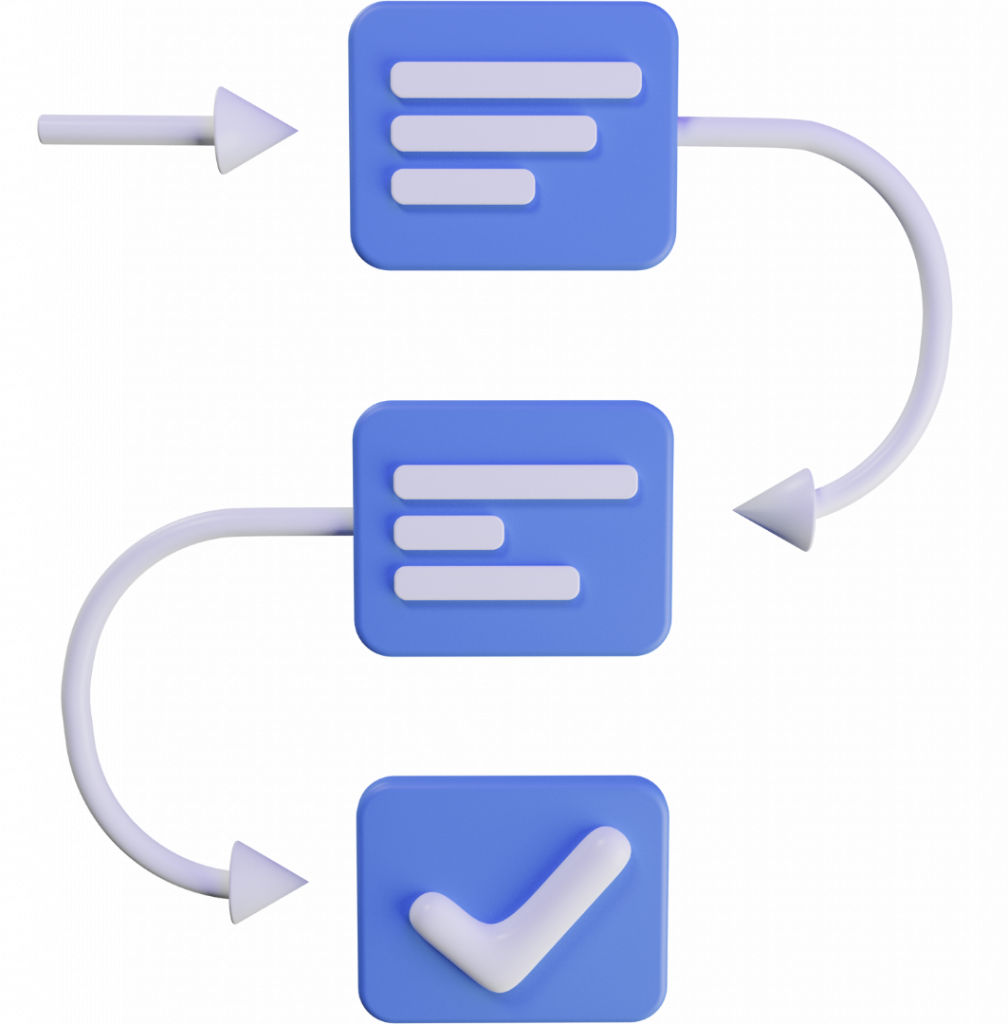


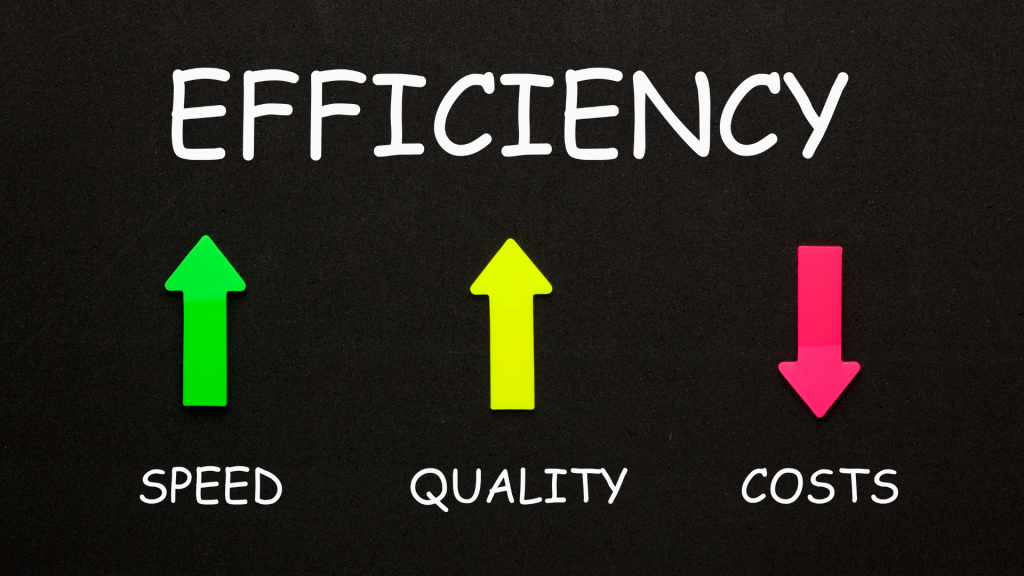


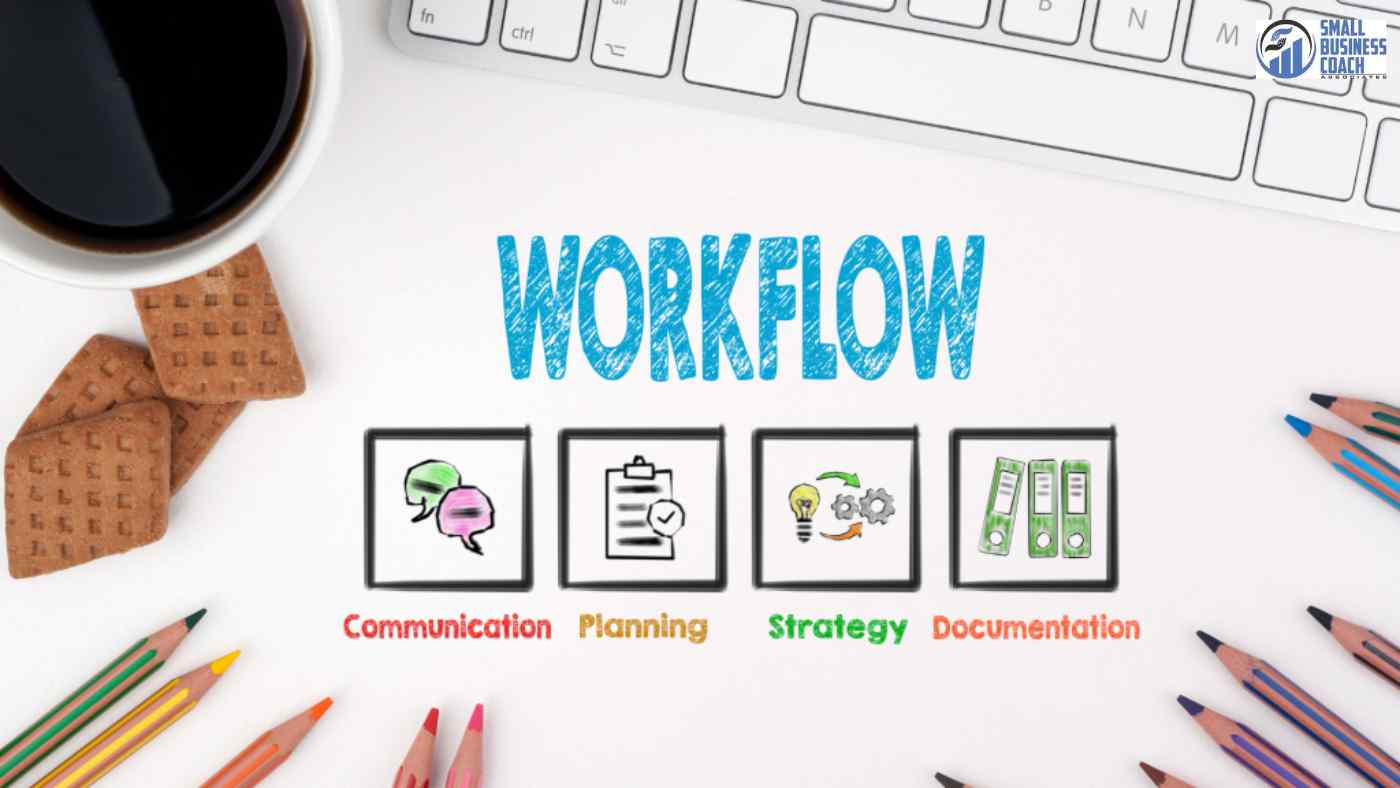



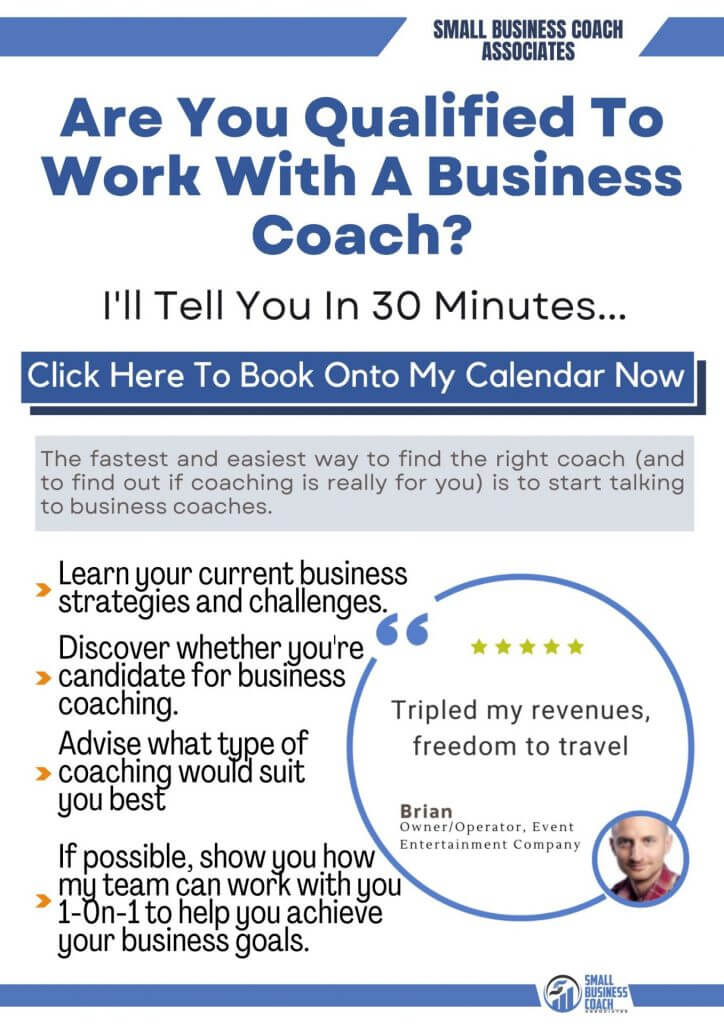















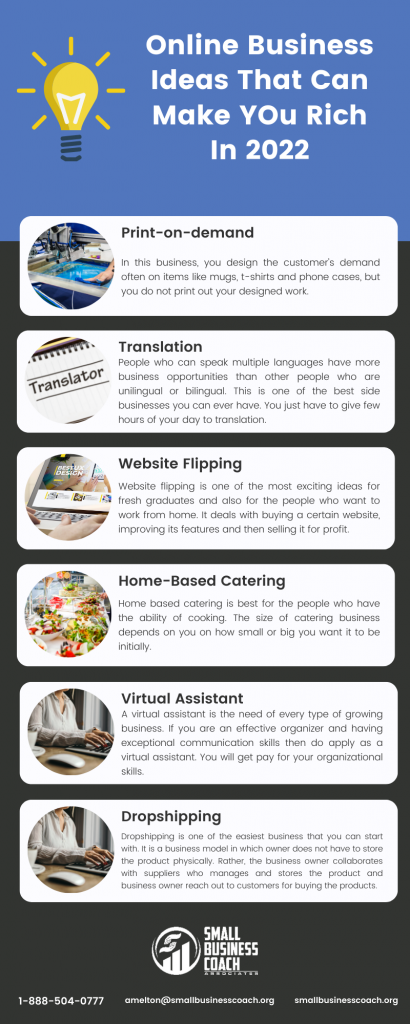
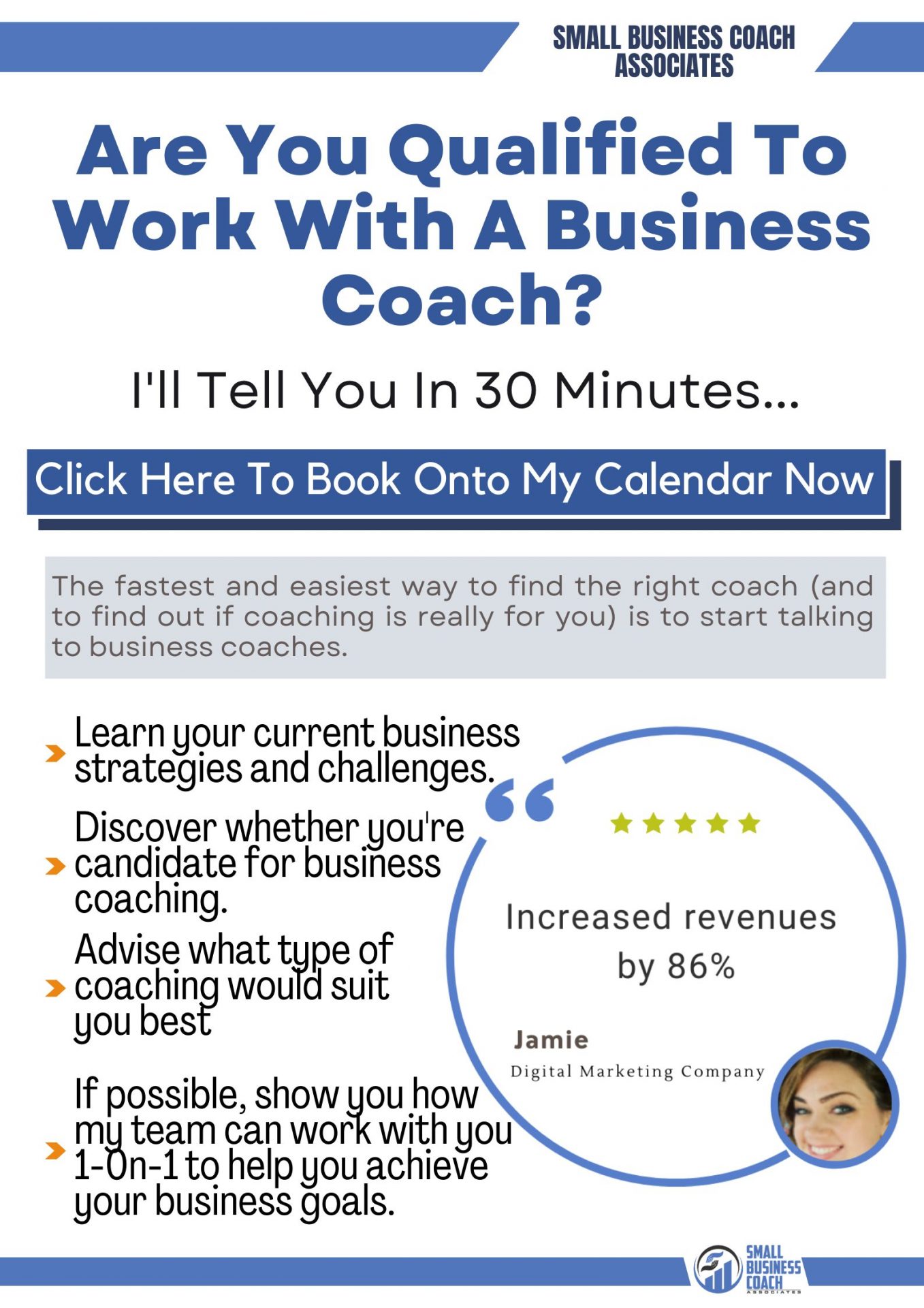


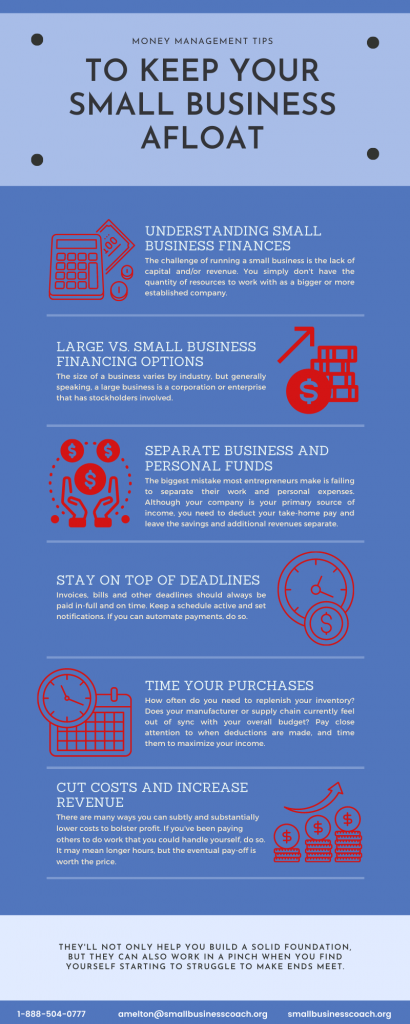
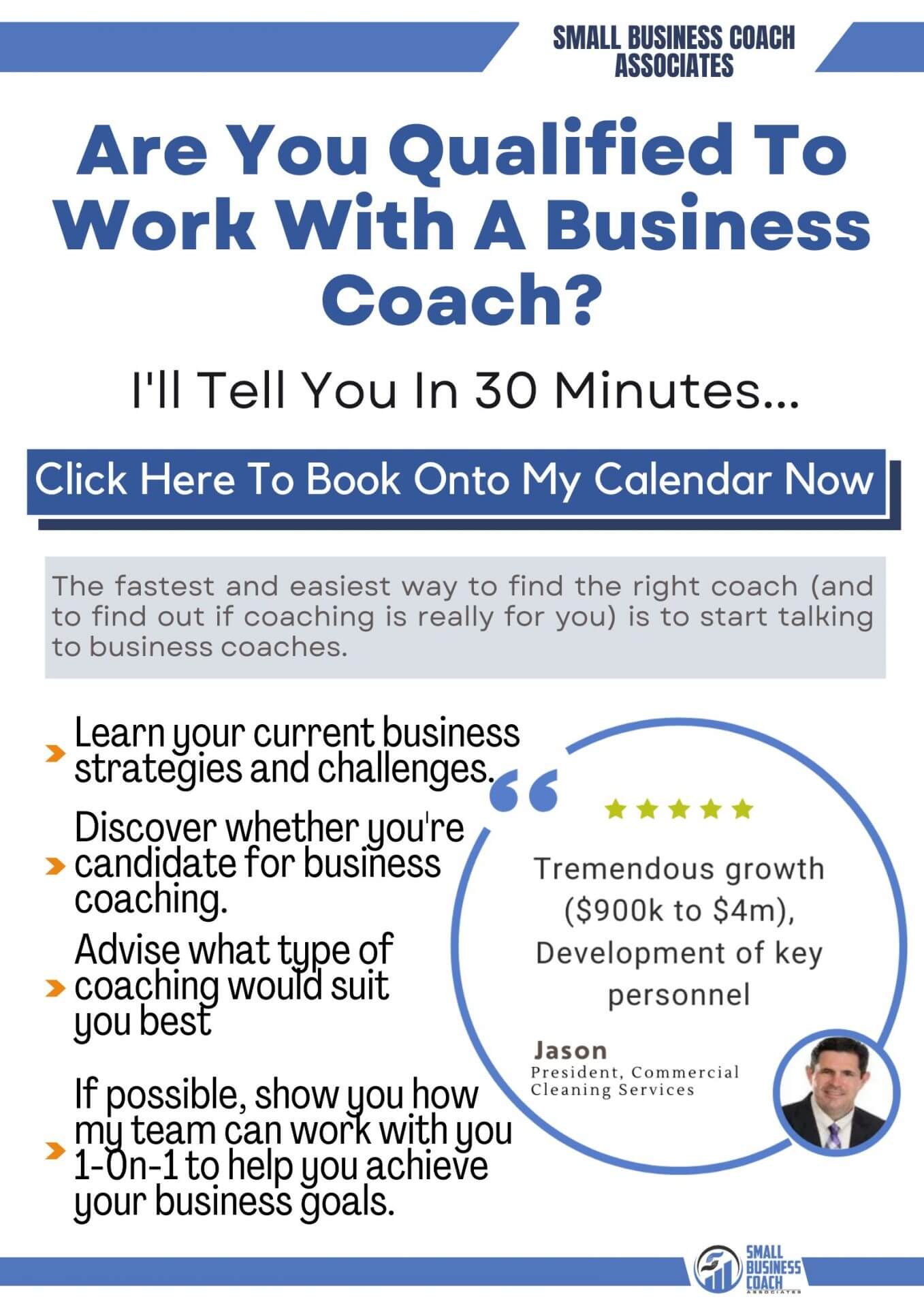

 There isn’t a universally accepted distinction in the types of entrepreneurs, as the types differ from region to region based on the country and the sectors active in that country. The most common, however, are,
There isn’t a universally accepted distinction in the types of entrepreneurs, as the types differ from region to region based on the country and the sectors active in that country. The most common, however, are,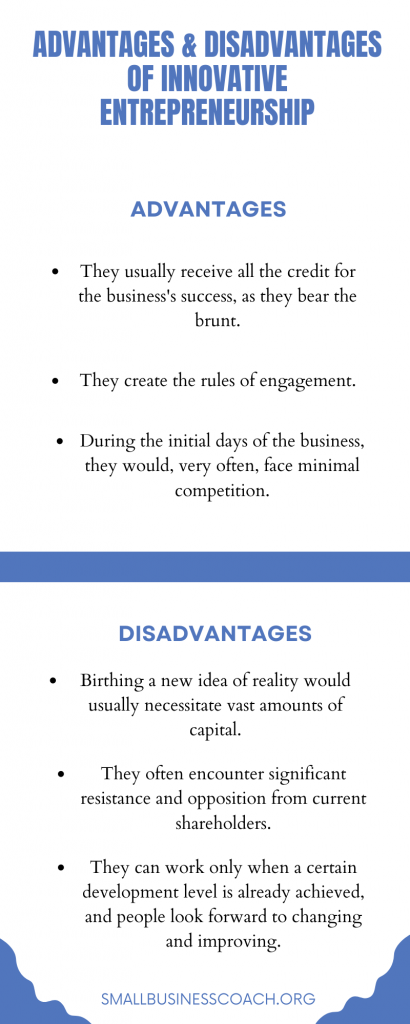
 As a mark distinction from innovators who go through the pain to develop new ideas as fuel for the business process, hustling entrepreneurs invest hard work. They are not afraid to get on their blue-collar suits and get their hands dirty. Unlike the innovative type of entrepreneurship that looks to significant capital to implement their new vision, hustlers usually start small and focus on investing hard work and effort to grow their businesses. These entrepreneurs pay attention to a small start-up and look to grow it steadily with the hope of becoming more prominent in the future.
As a mark distinction from innovators who go through the pain to develop new ideas as fuel for the business process, hustling entrepreneurs invest hard work. They are not afraid to get on their blue-collar suits and get their hands dirty. Unlike the innovative type of entrepreneurship that looks to significant capital to implement their new vision, hustlers usually start small and focus on investing hard work and effort to grow their businesses. These entrepreneurs pay attention to a small start-up and look to grow it steadily with the hope of becoming more prominent in the future.
 Fabian entrepreneurs are a type of entrepreneurs that are generally stereotypic concerning change. They are generally skeptical about implementing changes in the business.
Fabian entrepreneurs are a type of entrepreneurs that are generally stereotypic concerning change. They are generally skeptical about implementing changes in the business.




